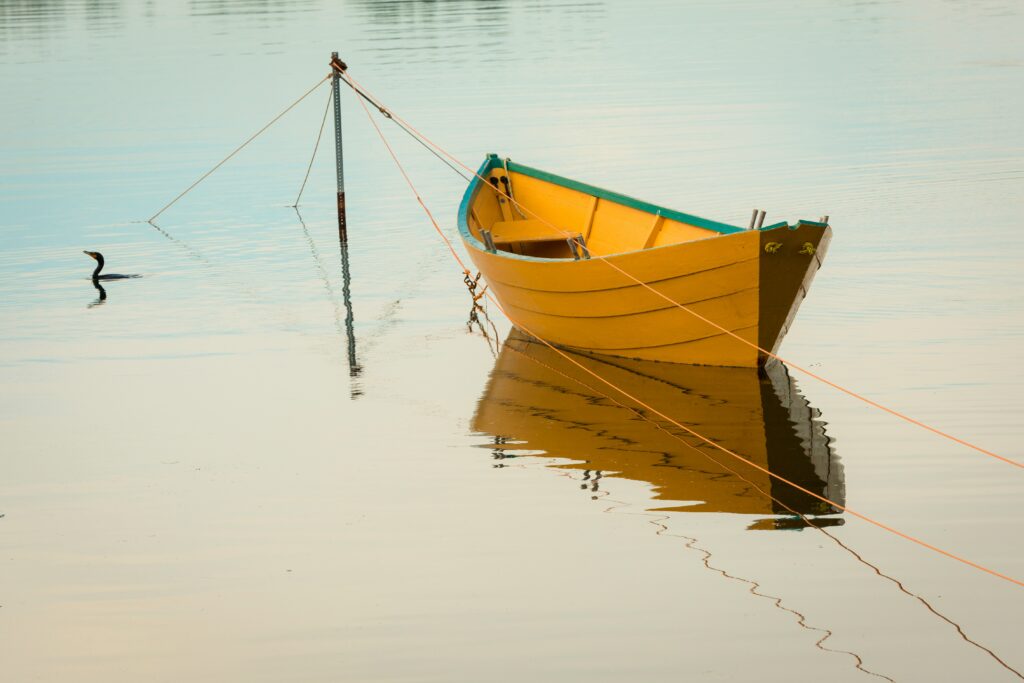
Humanity’s Unyielding Voyage: A Flotilla Challenges a Siege’s Conscience Amidst Catastrophe
As a civilian convoy laden with aid sets course for Gaza, its journey illuminates the profound courage of those who defy barriers for human dignity, forcing a stark confrontation with a blockade whose consequences are tragically measured in lives, particularly those of the most vulnerable.
by Anne Martin 9 June 2025
In a world often defined by entrenched geopolitical divides, the launch of a new Freedom Flotilla towards the Gaza Strip emerges not merely as an act of humanitarian delivery, but as a potent moral challenge. This latest mission, carrying vital supplies and a diverse array of international activists—including the globally recognized environmental advocate Greta Thunberg—symbolizes an unyielding human spirit against an enduring siege. Their audacious voyage directly confronts a long-standing blockade, thrusting critical questions about humanitarian access and the agonizing toll of conflict back into the global consciousness, where the plight of innocent lives hangs by a thread.
The very essence of the Freedom Flotilla’s endeavor is rooted in an urgent humanitarian imperative: to transport desperately needed aid directly to a population experiencing catastrophic conditions under severe duress, and to symbolically pierce a naval blockade that has for years stifled the flow of essential goods and the movement of people into Gaza. The participants, a diverse assembly of medical professionals, journalists, human rights defenders, and concerned citizens from various nations, are propelled by a deep conviction that fundamental human dignity demands unfettered access to life-sustaining resources. Their readiness to undertake this perilous journey is a powerful testament to universal principles of compassion and an unwavering sense of responsibility to alleviate suffering, even when faced with overwhelming obstacles and potential confrontation.
The state response to such civilian initiatives invariably casts a harsh light on the complex tensions between asserted national security interests and international humanitarian law. Reports confirm explicit orders from the Israeli government to its military to intercept and halt the flotilla. Defense Minister Israel Katz’s direct command to prevent the “Madleen” from reaching Gaza underscores a steadfast determination to maintain the naval blockade, with stated justifications centering on preventing the import of arms. This forceful assertion of control, however, generates profound ethical questions regarding the proportionality and legality of restricting aid to a civilian population, compelling nations and international bodies alike to grapple with their duties toward people enduring what many consider a prolonged humanitarian catastrophe.
The individuals on board these vessels embody a quiet yet formidable courage. They are civilians, unarmed, yet they consciously place themselves in a path of potential confrontation with a naval force. Their bravery stems not from aggression, but from a steadfast commitment to a humanitarian cause—a non-violent yet resolute challenge to what they perceive as an unjust impediment to life-saving assistance. This willingness to confront state power through symbolic acts of defiance represents a potent form of moral agency, compelling global attention to a humanitarian crisis often obscured by political rhetoric and geopolitical complexities.
The ongoing situation in Gaza, marked by widespread destruction, mass displacement, and an acute lack of essential supplies, including food, medicine, and clean water, provides the dire context for the flotilla’s mission. Reports from leading humanitarian organizations consistently paint a stark picture of immense suffering, with urgent warnings of widespread starvation, rampant disease outbreaks, and a tragic surge in preventable deaths, particularly among children, the elderly, and those with chronic illnesses. The continuous interception of aid convoys, whether by sea or land, dramatically amplifies the critical international discourse surrounding the right to humanitarian access, the devastating implications of blockades on civilian populations, and the broader conduct of all parties in conflict. It forces a profound contemplation of collective responsibility for the very survival of those trapped by prolonged crises and extreme violence.
The journey of the Freedom Flotilla, therefore, transcends a simple delivery of supplies; it is a profound ethical statement. It represents a recurring moment of confrontation between the desperate human need for assistance and the sovereign power asserting control over access. The courage demonstrated by those aboard the aid ships compels observers worldwide to consider the moral implications of such blockades and the collective human duty to champion unimpeded humanitarian passage, even when it means challenging established norms and directly confronting a brutal reality that many would prefer to ignore.
#Gaza #FreedomFlotilla #HumanitarianCrisis #AidForGaza #StandWithHumanity #EthicalResponsibility #Blockade #HumanRights